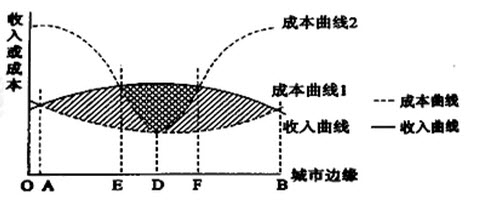What’s your earliest childhood memory Can you remember learning to walk Or talk The first time you heard thunder or watched a television program Adults seldom (1) events much earlier than the year or so before entering school, (2) children younger than three or four (3) retain any specific, personal experiences.
A variety of explanations have been (4) by psychologists for this "childhood amnesia". One argues that the hippo-campus; the region of the brain which is (5) for forming memories, does not mature until about the age of two. But the most popular theory (6) that, since adults don’t think like children, they cannot (7) childhood memories. Adults think in words, and their life memories are like stories or (8) one event follows (9) as in a novel or film. But when they search through their mental (10) for early childhood memories to add to this verbal life story, they don’t find any that fit the (11) . It’s like trying to find a Chinese word in an English dictionary.
Now psychologist Annette Simms of the New York State University offers a new (12) for childhood amnesia. She argues that there simply aren’t any early childhood memories to (13) . According to Dr. Simms, children need to learn to use someone else’s spoken description of their personal (14) in order to turn their own short-term, quickly forgotten (15) of them into long-term memories. In other (16) , children have to talk about their experiences and hear others talk about (17) --Mother talking about the afternoon (18) looking for seashells at the beach or Dad asking them about their day at Ocean Park. Without this (19) reinforcement, says Dr. Simms, children cannot form (20) memories of their personal experiences.
Notes: childhood amnesia 儿童失忆症。
19()
A.habitual
B.verbal
C.unique
D.particular
参考答案:B
解析:
[注释] 词义搭配。verbal口头的,言语的。

